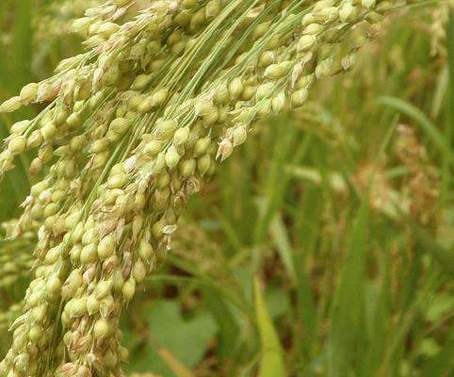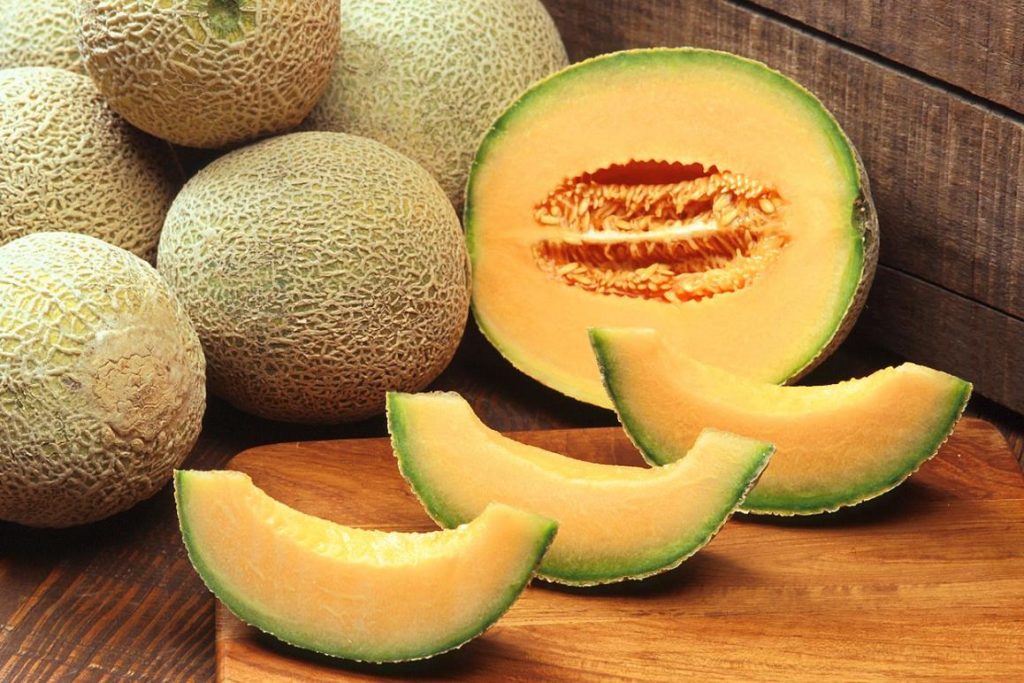Our Products
Chemical-Free
Fresh & Healthy
100% Organic

01.
Fodder Seed
Fodder is the process of germinating seed(s) and feeding the entire seed and sprout to your animal. By feeding the seeds and the sprouts to the animals the animals will benefit from both the seed’s energy and the plant’s energy. The types of seed used for fodder varies based on the type of livestock that will be consuming it. Each type of seed has its own nutritional benefits. We recommend that our customers purchase the highest quality, cleanest and least processed seed possible. The seed that we recommend most often are barley, alfalfa, millet, oats, wheat, grain rye, ryegrass, buckwheat, field peas, clover, sunflowers, sorghum and more. Fodder Rule of thumb is “2% of the animal’s live body weight of fodder per day.” One pound of seed can produce eight pounds of fodder. In some cases two pounds of seed can feed a 800 lb. animal for one day.

02.
Water Melons
Watermelon (Citrullus lanatus) is a flowering plant species of the Cucurbitaceae family . A scrambling and trailing vine-like plant.Watermelon is grown in favorable climates from tropical to temperate regions worldwide for its large edible fruit, which is a berry with a hard rind and no internal divisions, and is botanically called a pepo. The sweet, juicy flesh is usually deep red to pink, with many black seeds, although seedless varieties exist. The fruit can be eaten raw or pickled, and the rind is edible after cooking. It may also be consumed as a juice or as an ingredient in mixed beverages. Considerable breeding effort has developed disease-resistant varieties. Many cultivars are available that produce mature fruit within 100 days of planting. Seedless and Seeded watermelons – producing high yield, containing high Lycopene levels, high Brix and great taste. New varieties have tolerance to some field diseases and environmentally stresses.

03.
Cantaloupes
The cantaloupe is a melon that is a variety of the muskmelon species (Cucumis melo) from the family Cucurbitaceae. Cantaloupes range in weight from 0.5 to 5 kilograms (1 to 11 lb). Originally, cantaloupe referred only to the non-netted but today may refer to any orange-fleshed melon. Cantaloupes – producing high yield, excellent shelf – life, high Brix and diseases tolerance; from different types: Galia, Annanas, Western Shipper, Honeydew, Yellow Canary and Charentais.
